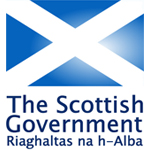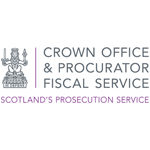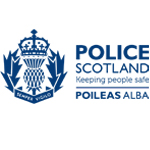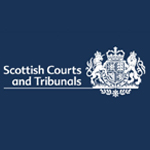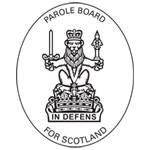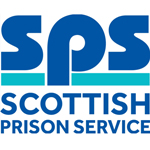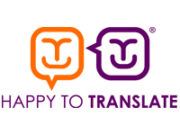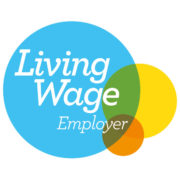Legislative milestones for victims in March 2021
As session five of the Scottish Parliament comes to an end ahead of the Holyrood 2021 election, a number of key bills have been passed by MSPs which will have a huge impact on a number of areas for people affected by crime.
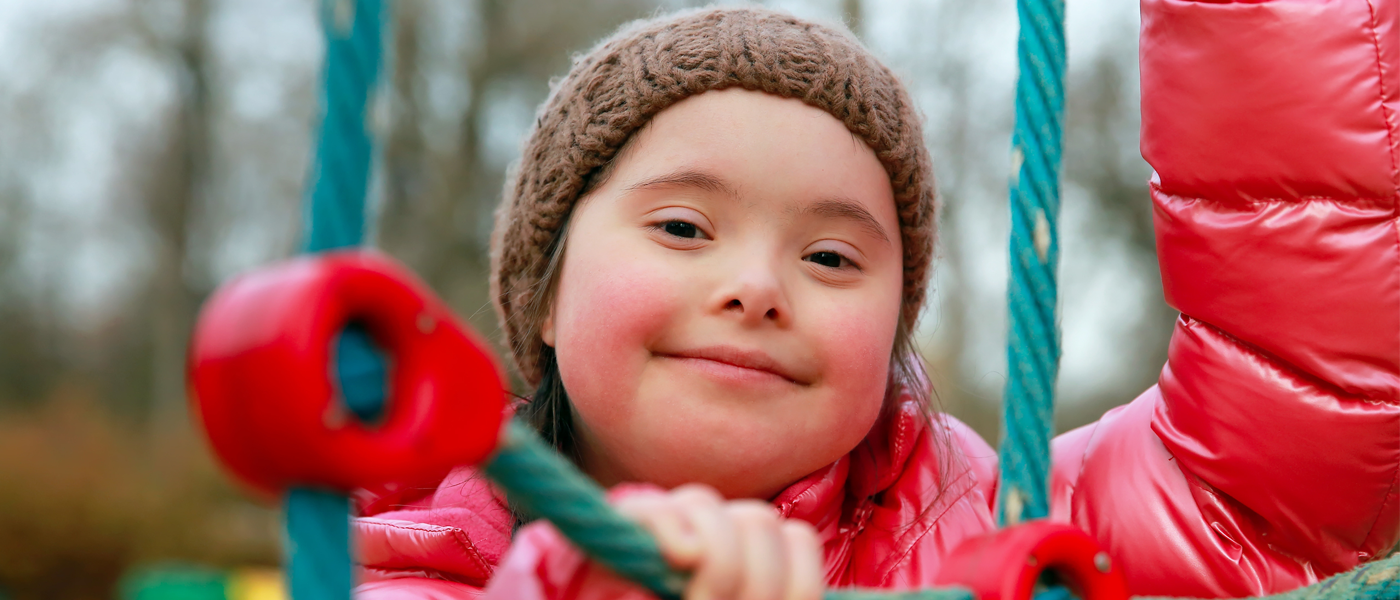
Hate Crime and Public Order (Scotland) Bill
Victims and communities targeted by hate crime will have greater protection after Parliament voted to pass the Hate Crime and Public Order (Scotland) Bill on 11 March 2021.
The legislation will modernise, consolidate and extend existing hate crime law ensuring it is fit for the 21st Century. Through its passing, ‘stirring up’ of hatred offences will now apply to additional characteristics listed in the Bill: age, disability, religion, sexual orientation, transgender identity and variations in sex characteristics. These new protections will add to the long-standing stirring up racial hatred offences, which have been in place since 1986 and have been retained in largely the same form within the Bill.
Ahead of the final debate, Victim Support Scotland provided MSPs with a briefing to urge them to support the Bill, highlighting that much of the discussion around the bill had not considered the voices of people affected by hate crime who need to be protected with robust legislation.
Over the next 12 months, a specialist working group will be established to further develop legislation aimed at making misogyny an offence under hate crime legislation in Scotland.
Redress for Survivors (Historical Child Abuse in Care) (Scotland) Bill
Legislation to create a scheme for survivors of historical child abuse in care in Scotland to apply for financial redress payments was passed in the Scottish Parliament on 11 March 2021.
Survivors will be able to apply for a fixed rate redress payment of £10,000, or an individually assessed redress payment which will involve a more detailed examination of their experience. The individually assessed redress payment levels are set at £20,000, £40,000, £60,000, £80,000 or £100,000. In some circumstances, next of kin of deceased survivors will be able to apply for a redress payment of £10,000.
The Redress for Survivors (Historical Child Abuse in Care) (Scotland) Bill will also set up an independent body, Redress Scotland, to assess applications for the scheme.
Further information is available on the Scottish Government website.
UNCRC Incorporation (Scotland) Bill
On 16 March 2021, MSPs voted unanimously for the United Nations Convention on the Rights of the Child (Incorporation) (Scotland) Bill to become law, meaning public authorities will have to comply with children’s rights. This makes Scotland the first devolved nation in the world to directly incorporate the United Nations Convention on the Rights of the Child (UNCRC) into domestic law.
The UNCRC sets out the specific rights that all children have to help fulfil their potential, including rights relating to health and education, leisure and play, fair and equal treatment, protection from exploitation and the right to be heard.
The Bill:
- directly incorporates the UNCRC as far as possible within the powers of the Scottish Parliament
- makes it unlawful for public authorities and anyone undertaking functions or providing services to children with public money to act incompatibly with the incorporated UNCRC requirements
- gives power to the Children’s Commissioner to take legal action in relation to children’s rights
- requires Ministers to produce a Children’s Rights Scheme setting out how they comply with children’s rights and to report annually
requires listed public authorities to report every three years on how they comply with children’s rights - gives children, young people and their representatives the right to go to court to enforce their rights, if necessary
Domestic Abuse (Protection) (Scotland) Bill
The Domestic Abuse (Protection) (Scotland) Bill, passed on 17 March 2021, will enable police and courts to ban suspected abusers from re-entering the home and from approaching or contacting the person at risk for a period of time to enable them to consider their longer-term options around safety and housing.
The Bill will also allow social landlords to end or transfer the tenancy of a perpetrator of domestic abuse to the victim, a move which has been welcomed by the Scottish Federation of Housing Associations (SFHA).
Victim Support Scotland is here to help anyone affected by crime. If you need support, please contact us via our helpline (0800 160 1985), our webchat service or our contact form.
Latest news and blogs
-

We’re here – support over the festive period
We know that the festive period can be difficult for people impacted by crime - that's why we'll remain open right through Christmas and New Year.
Read more
-
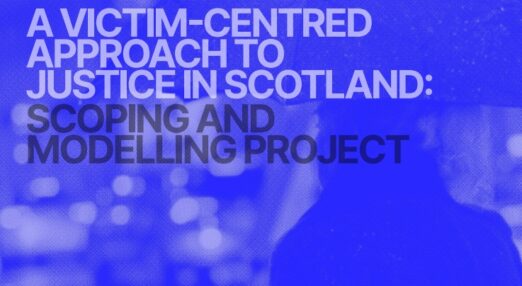
A Victim-Centred Approach to Justice in Scotland: Scoping and Modelling Project
This project, commissioned by Victim Support Scotland, sought to explore how a more victim-centred approach could be realised in Scotland's criminal justice system.
Read more
-
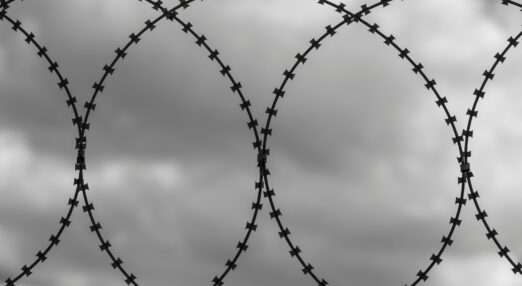
Concern over impact of new early prisoner release bill as Scotland’s crime stats revealed
Victim Support Scotland has expressed concerns about the impact of the Prisoners (Early Release) (Scotland) Bill, which was passed by MSPs yesterday, in light of new crime statistics revealed by the Scottish Government.
Read more
-
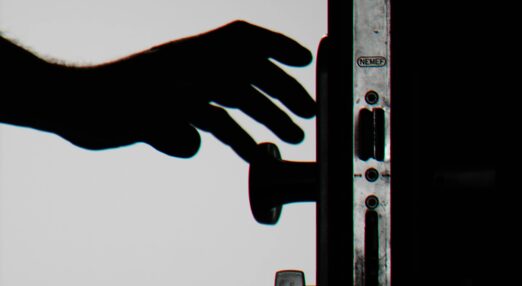
Victim Support Scotland voices concerns about Prisoners (Early Release) (Scotland) Bill
Victim Support Scotland has voiced concerns about the Prisoners (Early Release) (Scotland) Bill.
Read more
-

Media Reporting on Child Homicide – Victim Support Scotland Consultation Response
Victim Support Scotland's response to the Scottish Government consultation on Media Reporting on Child Homicide.
Read more
-
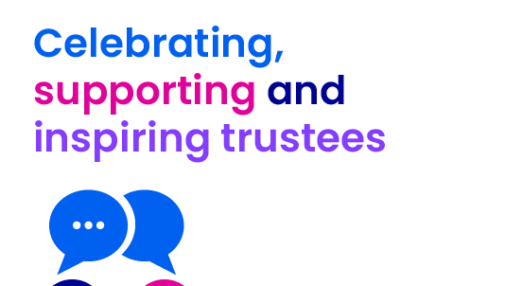
Highlighting the role of Trustees at VSS
We sat down with Gillian Imery, one of our trustees, to chat about the role she plays, why she decided to get involved with VSS, and how her skills and experience enrich our charity.
Read more
-

Statement on Homicide in Scotland figures
Victim Support Scotland has released a statement in response to the Homicide in Scotland figures released by the Scottish Government.
Read more
-
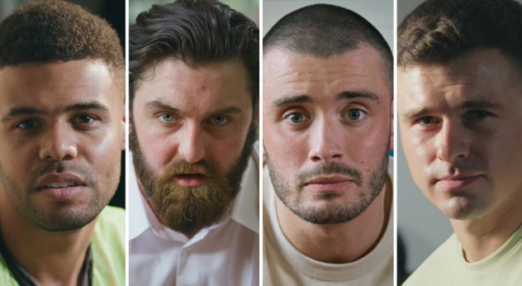
Statement on Police Scotland rape statistics
Victim Support Scotland has released a statement on the figures released by Police Scotland which show an increase in the number of rape cases reported within the last 6 months, alongside the launch of the latest 'That Guy' campaign.
Read more
-
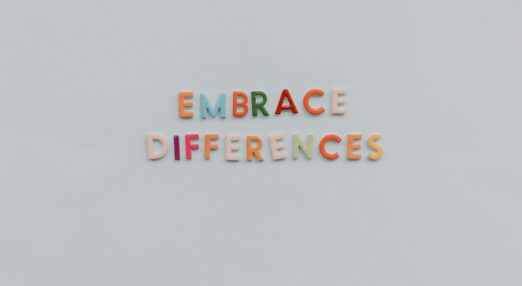
Victims of hate crime need to have their voices heard
This article by our Chief Executive Kate Wallace argues why more must be done to support victims of hate crime.
Read more
-

Statement on Scottish Government’s plans for Victim Notification Scheme reform.
Victim Support Scotland has released a statement on the Scottish Government's plans for reform of the Victim Notification Scheme.
Read more
-
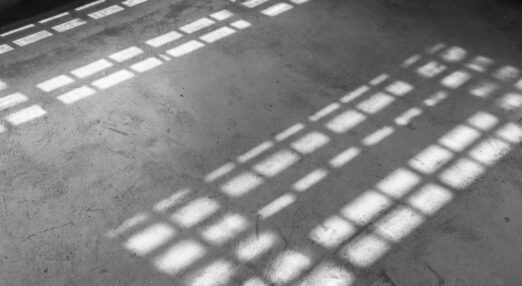
Statement on Scottish Government plans for long-term prisoner release
Victim Support Scotland has released a statement on the Scottish Government's plans for long-term prisoner release.
Read more
-

Experiencing Hate Crime – Helena’s* story
When Helena’s* partner became disabled as a result of a severe stroke, they began to experience a series of hate crimes perpetrated against them by a neighbour. VSS supported her during the court process, towards the end of her ordeal. This is her story.
Read more

